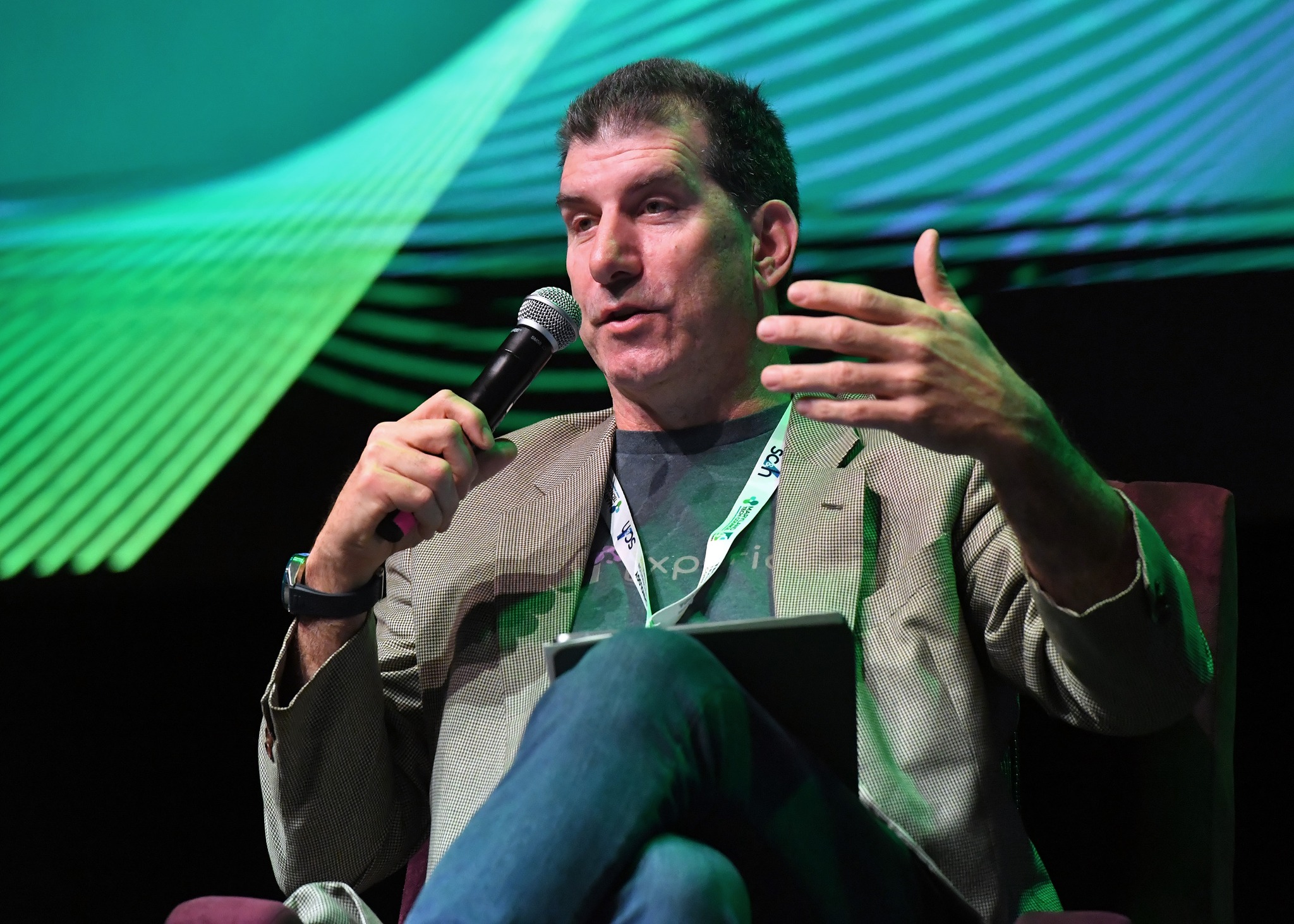DATE
CATEGORY
READING TIME
Every Consulting Firm Faces This Problem Daily

I built a knowledge management system and watched it die.
Portal Solutions. 55 consultants. Central repository. Everyone nodded in agreement.
Six months later? Ghost town.
We captured knowledge after projects closed. Too late. So we added mid-point check-ins. Consultants were slammed. They jumped to the next client without documenting anything.
What little they did capture was useless.
The analysis? Gone. The reasoning behind decisions? Missing. Client feedback? Nowhere.
Everything that actually mattered vanished.
Why I Couldn't Force It to Work
I was the founder. I had total authority.
But consultants had real excuses. Mid-project they'd get pulled to another client. Some juggled three engagements simultaneously. Others got reassigned before finishing.
Knowledge preservation always sank to the bottom of the list.
Why? It wasn't billable.
That's the part nobody wants to say out loud. The economic model of consulting actively punishes knowledge capture.
You can't bill clients for documentation time. So it doesn't happen.
The Numbers Are Brutal
Later in my career when I became part of Withum, I watched this pattern explode across 2,800 people.
Proposal time? We'd waste hours hunting for information. Calling project teams. Scrambling to piece together what we'd already done for similar clients.
But here's what really hurt.
I watched teams with new consultants reinvent entire solutions. Solutions that existed somewhere in the firm's memory. On fixed-price projects, that's a death sentence.
Minimum 20% wasted time. Probably closer to 30%.
And you can't measure the real damage. Client satisfaction. When you can't access your own expertise, you break the promise you made when they hired you.
Fortune 500 companies lose $31.5 billion annually because knowledge doesn't flow between teams. At Withum, scaling from 60 to 2,800 people, I lived it.
The emails never stopped.
- "Has anyone done this before?"
- "Does anyone know who worked on the XYZ project?"
- "Quick question, anyone familiar with..."
All day. Every day.
The Bigger You Get, The Worse It Gets
Most firms think scale makes things easier. More resources. More expertise. More bench strength.
Wrong.
Scale makes the knowledge problem exponential, not linear.
At 60 people, you barely knew who to ask. At 2,800? You're guessing. You're hoping someone on the email chain knows someone who might remember.
The firm relies on humans to connect dots that can't be connected manually anymore.
Why Your Current System Fails
You've tried the solutions. Org charts. Practice groups. Expertise directories. SharePoint libraries.
They all fail for the same reason.
Human cognitive limitations.
We remember what we focus on. Everything else fades. If you don't recall doing something, it effectively doesn't exist. Even if the knowledge sits in your brain.
Research shows employees spend 29% of their workweek just searching for information. That's not a technology problem.
That's a human memory problem.
You need to know who knows what. At scale, that's impossible. The more people you have, the more you rely on memory connections that can't scale.
When the Technology Finally Caught Up
ChatGPT launched. We all got excited about GenAI.
Then we hit the walls. Hallucinations. Made-up facts. Lost context when you fed it too much information.
Early 2024 changed everything.
Microsoft released research on unifying knowledge graphs with large language models. I read papers on how this combination could bring context and accuracy to AI.
That was my moment.
AI could finally handle what humans fundamentally can't. Perfect recall. Pattern matching across thousands of projects. Connecting dots no individual remembers.
The technology caught up to a problem I'd been fighting for 30 years.
The Question Partners Always Ask
Partners hoard knowledge. It's uncomfortable but true.
When you ask them to feed expertise into an AI system, they panic.
"If I put everything I know into this system, why does the firm need me?"
Fair question. Here's the answer.
AI can't do everything.
AI handles recall. Pattern matching. Information retrieval. The mechanical parts of knowledge work.
Partners bring what can't be codified:
- Empathy with anxious clients
- Judgment calls when data conflicts
- Gut instinct from decades of experience
- Relationships that open doors
- Intuition about what will actually work in a specific culture
The knowledge gap exists because 86% of employees cite failed collaboration as the reason for workplace failures. But collaboration doesn't mean replacement.
It means giving partners superhuman memory while preserving what makes them irreplaceable.
What 12 Months of Focus Taught Me
Building Experio showed me how deep this runs.
I haven't met a single person at a consulting firm who doesn't hit this problem daily. Not one.
The knowledge gap between partners and junior staff creates friction in every proposal, every project, every client interaction.
Traditional approaches fail because they fight against two immovable forces. The economic model of consulting. And the cognitive limits of human memory.
You can't fix this by forcing better documentation.
The solution is building systems that capture knowledge automatically and surface it instantly when someone needs it.
That's what unifying knowledge graphs with AI makes possible.
Your firm has this problem. The only question is whether you're ready to solve it.






